Forensic Services
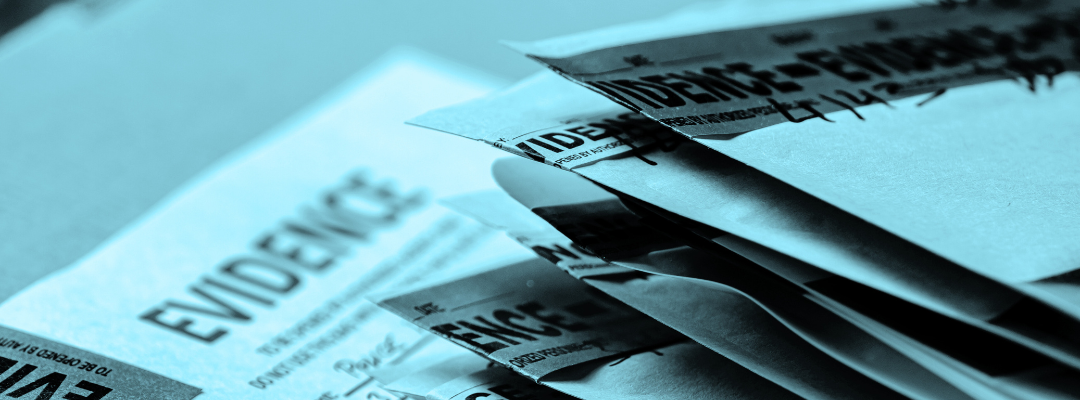
Evidence Submission
Find packaging guidelines, service request guidelines, as well as hours and locations to submit evidence to our three labs.
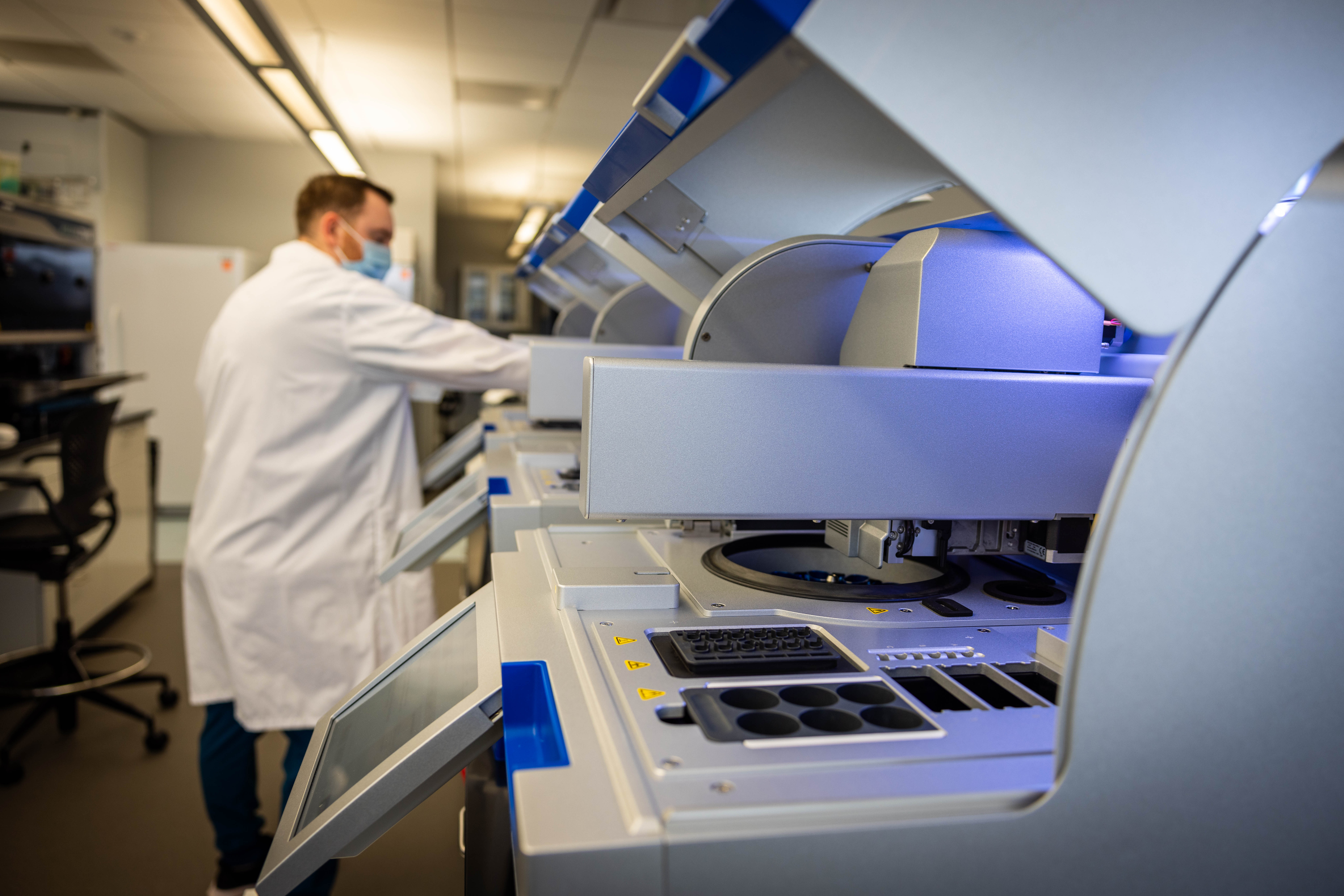
Laboratory Testing Services
Get details about the testing services we provide including: biology, chemistry/controlled substances, latent prints, trace evidence, firearms, and toolmarks
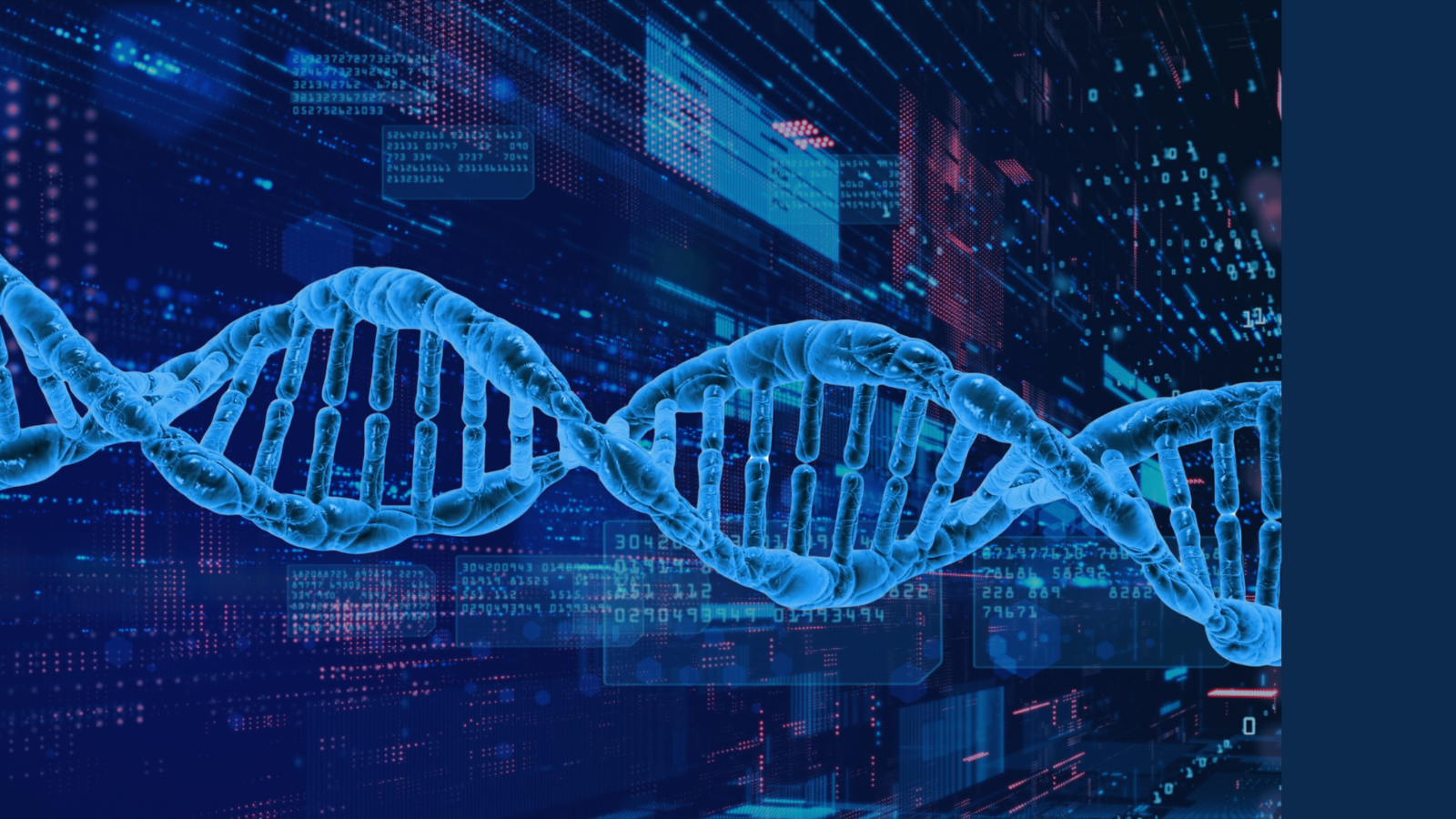
DNA Expungement Form
This document contains information regarding the removal of an offender's DNA specimen and DNA record from the database based on specific criteria in accordance with statute.
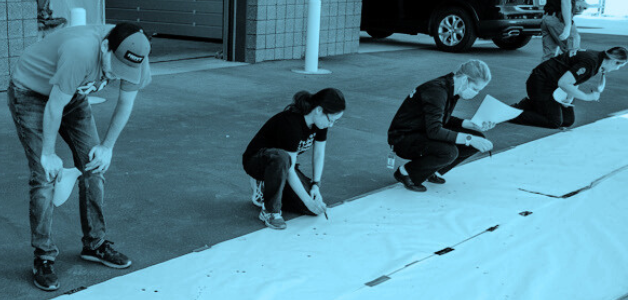
Law Enforcement Resources
Get training course information, service request guide, and evidence packaging and submission guidelines and information.

Accreditation
The Bureau of Forensic Services is located within the Utah Department of Public Safety and has been accredited since 1996.
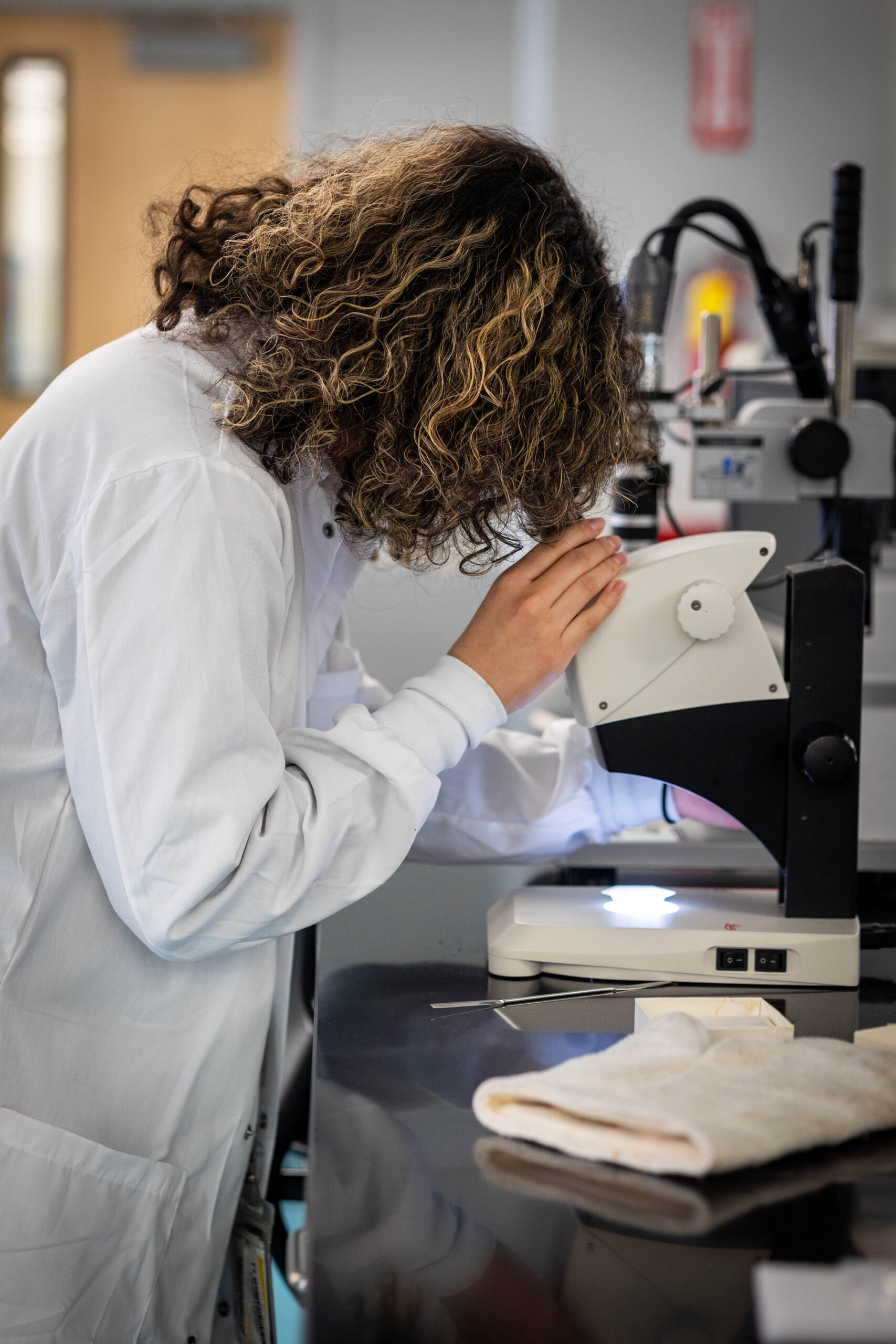
Employment
Get information about pursuing careers with us in forensic science or in law enforcement.

Laboratory Testing Services
Get details about the testing services we provide including: biology, chemistry/controlled substances, latent prints, trace evidence, firearms, and toolmarks.
GRAMA Requests
Make records requests using the DPS portal
Collaborative Partners
Cold Cases
The crime lab's forensic analysis, particularly with new advancements in DNA technology, is vital to solving cold cases and bringing closure to victims' families.
